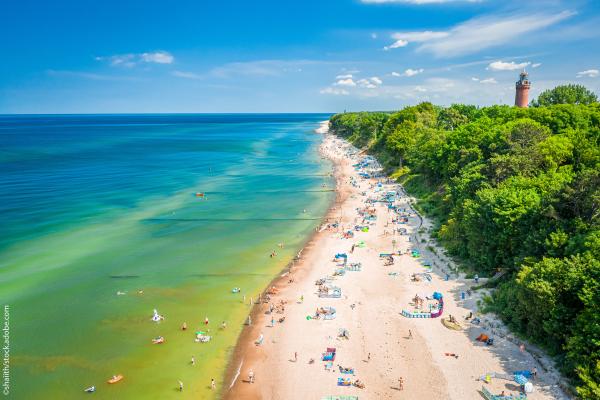Filter by
News (691)
RSS
BlueInvest Africa 2025 will take place on 15 and 16 October in Lomé, Togo, marking a key moment to connect projects, funding, and partnerships between Africa and Europe.

Understanding fish populations is critical to managing Europe’s marine resources sustainably. Yet, for years, stock assessment scientists have struggled with a missing piece of the puzzle: genetic data of fish populations.

The European Commission selected 94 transport projects to receive nearly €2.8 billion in EU grants under the Connecting Europe Facility (CEF). By modernising railways, inland waterways and maritime routes across the trans-European transport network (TEN-T), the projects will

Today Commissioner Kadis is hosting an implementation dialogue on the Maritime Spatial Planning (MSP) Directive.

Recent geopolitical and geoeconomic developments are exacerbating long-known challenges across the Arctic, in particular climate change and its impacts. With its strong strategic interests, in particular in the European Arctic, it is essential for the EU to take stock of recent developments

Small fish like sardines, mackerel, and anchovies have been an important part of the diet in West Africa, providing protein and helping with food security. But in the last decade, the growth of fish meal and oil industries, which export these fish for animal feed, has led to overfishing.

The Specialised Committee on Fisheries (SCF) has adopted a decision setting out long-term arrangements between the EU and the UK, granting full reciprocal access to waters for fishing activities until 30 June 2038.

From Europe’s coastal waters to its inland bathing sites, a large majority of Europe’s waters are safe to swim in, according to the latest European bathing water assessment for the 2024 bathing season, published today.

Today, the European Commission published an independent study assessing the performance of the landing obligation. Five years after its full implementation, the study concludes that the landing obligation has not reached its full potential.

Algae may be small, but their potential is huge. From sustainable food to marine restoration and bioplastics, algae offer innovative solutions that benefit both people and planet.
